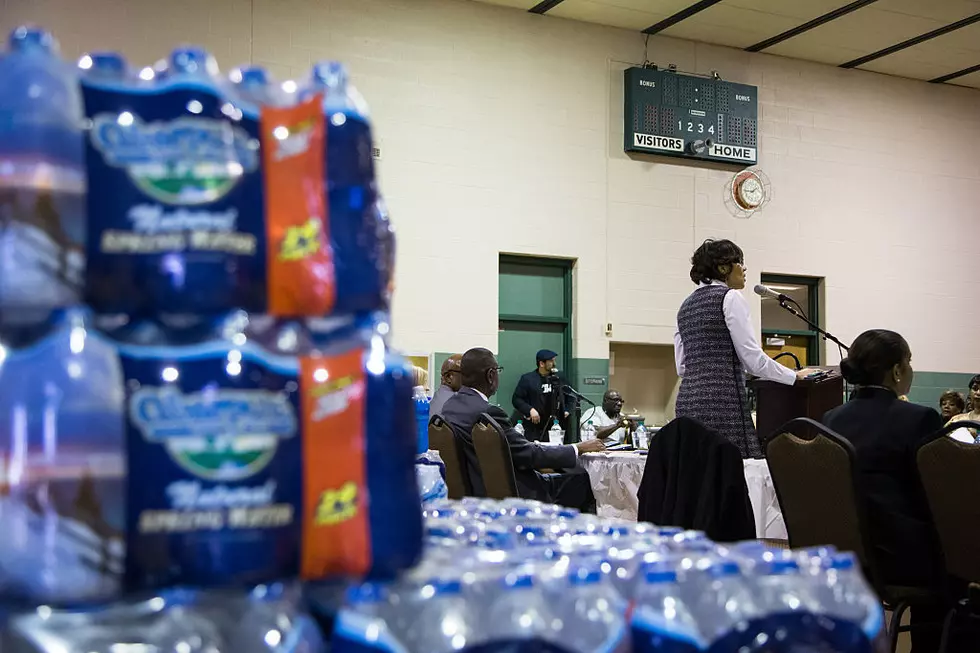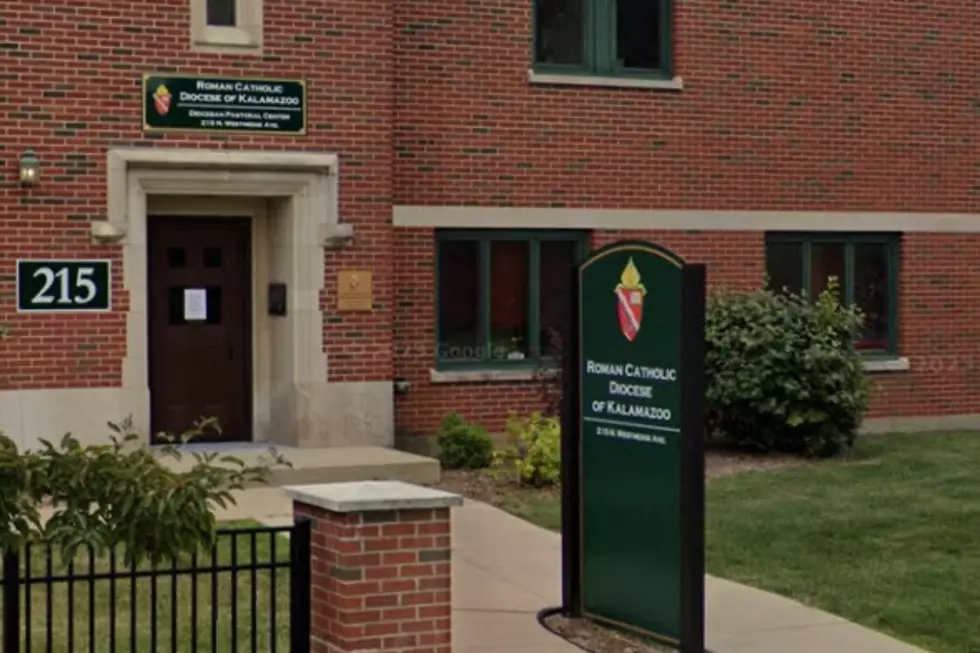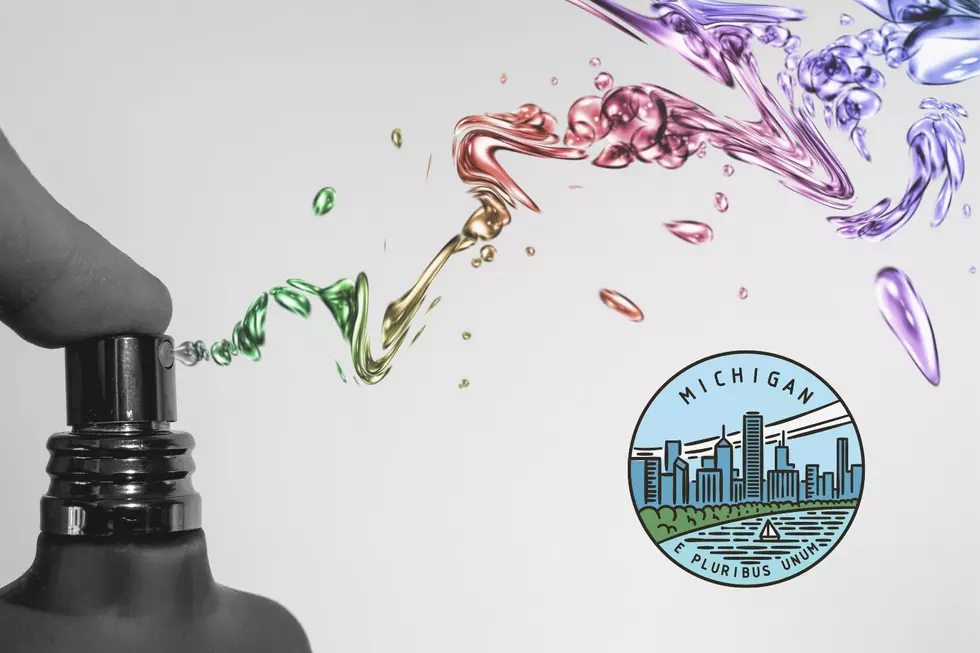
Genesee County Legionnaires’ Disease Update: 88 Cases, 10 Deaths
The Michigan Department of Health and Human Services today issued an updated report for 2015 into the increase of Legionnaires’ disease in Genesee County.
The report identifies an additional case and provides updated data and further analysis regarding the investigation.
“To date, 88 cases and ten deaths have been identified in total for the 2014 and 2015 outbreaks in Genesee County,” said Eden Wells, M.D., Chief Medical Executive with the MDHHS. “While legionellosis is not uncommon, it’s important that any person who is having symptoms of respiratory illness let their doctor know right away.”
MDHHS identified the additional case after conducting a review of all LD deaths in the state. The individual did not reside in Genesee County but was hospitalized at a Genesee County hospital within the two week incubation period of developing symptoms of LD. Based on residence, the case was originally referred to the Shiawassee County Health Department. Because case investigation indicated an association with a Genesee County hospital, the case is being counted as part of the 2015 outbreak.
Of the 88 total confirmed cases between June 2014 and November 2015, 31 people, or 35 percent, received city of Flint water to their residence. A total of 26 people, or 30 percent, had no known exposure to a Flint hospital in the two weeks prior to illness, nor were their homes on the Flint water system. Other possible exposures were evaluated and no known community or residential exposures have been identified.
For the May 2015 to October 2015 time period, 43 LD cases and five deaths have been confirmed in the Genesee County outbreak. Data previously indicated 42 cases and four Legionnaires-associated deaths for 2015. The number of cases for June 2014 through March 2015 time period has remained unchanged with 45 LD cases confirmed, including five associated fatalities.
Legionella is a type of bacteria commonly found in the environment that grows best in warm water, such as hot tubs, cooling towers, potable water systems, and decorative fountains. When people are exposed to the bacteria, it can cause legionellosis, a respiratory disease that can infect the lungs and cause pneumonia. The bacteria can also cause a less serious infection called Pontiac fever. Legionella is not transmitted person to person.
More From Mix 95.7









